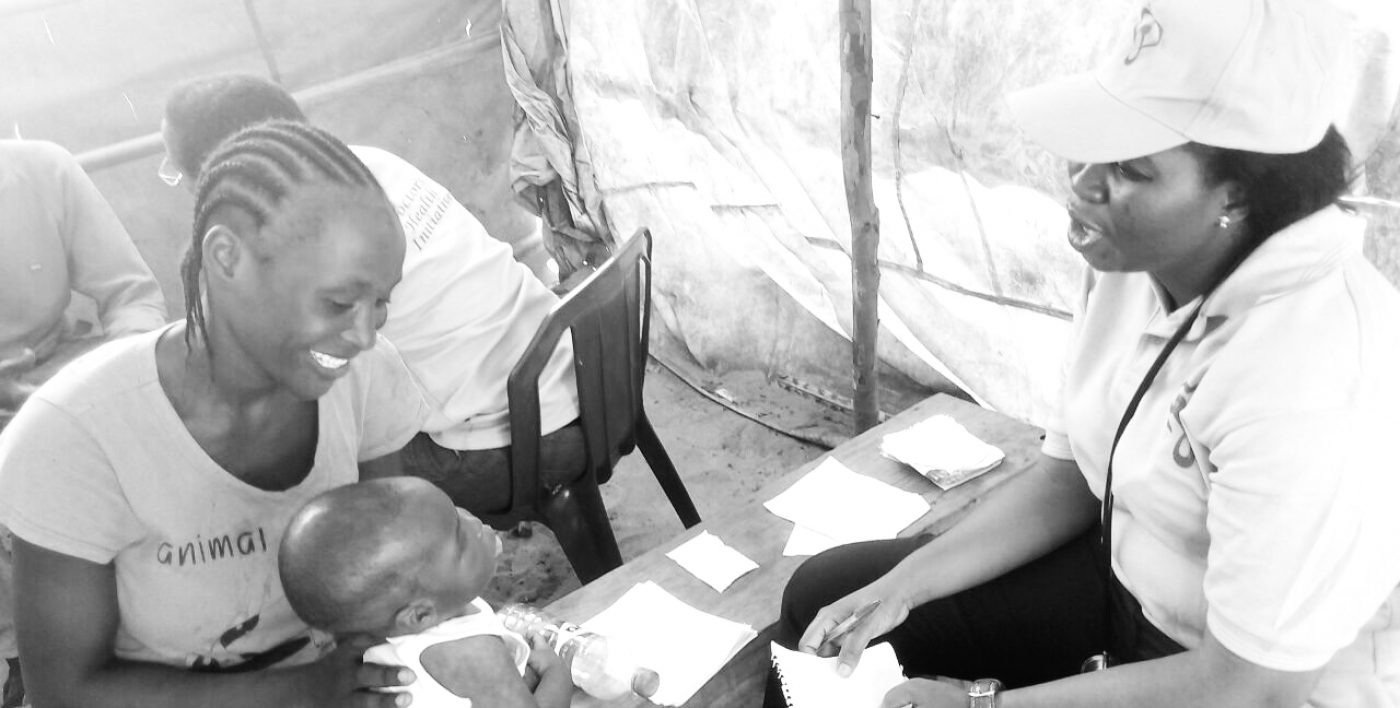19.06.2020
The UN marks World Refugee Day on June 20th annually in order to bring global attention to the plight and suffering of children, women and men who flee their homes under threats of persecution, conflict and violence; and celebrates their perseverance, determination and resilience. In celebration, Doctors Health Initiative (DHI) seeks to create awareness on internal displacement in Nigeria.
The word refuge comes from the French word meaning ‘hiding place.’ It can be traced to the Latin word, fugere meaning ‘to flee’ and refugium meaning ‘a taking of refuge or a place to flee back to.’ To seek refuge is to look for a safe place or a safe haven. Safety is the key word here. We generally speak of refugees as people fleeing an unsafe environment in search of safety. However, the UN defines them as forcibly displaced persons. A 2018 Office of the High Commissioner for Human Rights report presents an interesting definition: “those who are forced to move, within or across borders due to armed conflict, persecution, terrorism, human rights violations and abuses, violence, the adverse effects of climate change, natural disasters, development projects or a combination of these factors”. It further categorizes forcibly displaced persons as asylum seekers, refugees, internally displaced persons and stateless persons. As at today, there are 70.8million forcibly displaced people in the world. Of these, 3.1million are asylum seekers, 25.9million are refugees and 40million are internally displaced persons.
The terms asylum seeker and refugee have become somewhat confusing. A refugee is “someone who is unable or unwilling to return to their country of origin owing to a well-founded fear of being persecuted for reasons of race, religion, nationality, membership of a particular social group or political opinion.” Asylum seekers and refugees flee for safety. A refugee’s status is determined by these four main elements: (i) well-founded fear (ii) persecution (iii) reasons of race, religion, nationality, membership in a particular social group or political party and (iv)not within national borders. An asylum seeker is an intending refugee, whose request for asylum may be turned down if it is determined that his or her circumstances does not meet the criteria outlined above. At the end of 2018, 15.9million refugees (78%) were in protracted displacement situations, meaning they remained displaced for years! 10.1million had been in this situation for less than 20years while 5.8million had been displaced for more than 20years!
Internally displaced persons (IDPs) are “persons or groups of persons who have been forced or obliged to flee or to leave their homes or places of habitual residence, in particular as a result of or in order to avoid the effects of armed conflict, situations of generalized violence, violations of human rights or natural or human-made disasters, and who have not crossed an internationally recognized border.” Once an IDP crosses national borders, he or she becomes a refugee. In contrast to refugees, it is the duty of the IDP’s government to ensure that his/her rights as a citizen of the country are upheld. The UN and international organizations only play a complementary role.
*To be concluded
With donations from generous individuals and organizations, DHI has been organizing outreaches to displaced persons throughout the nation since 2008. We give foodstuff, essential materials and free health consultations/services during these outreaches. We are constantly in need of donations and volunteers. Would you please join us? Contact details: 0703 255 6691 or 0803 752 5616. For donations – Access Bank, account no. 006 549 6649, account name – Doctors Health Initiative. Visit us at www.dhicares.blog to learn more about what we do.
**Ogonna Kanu, a DHI volunteer, writes from Lagos, Nigeria
